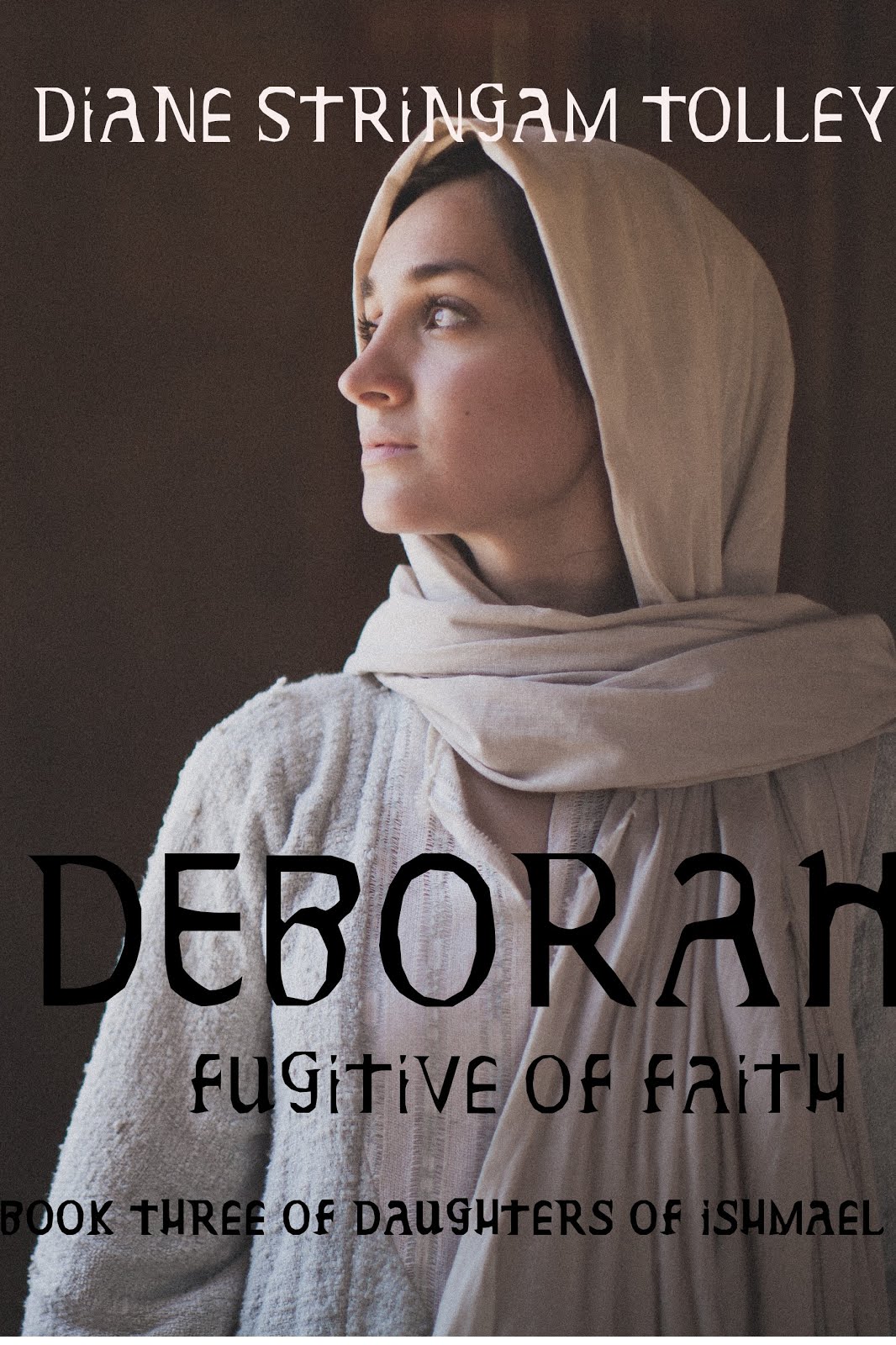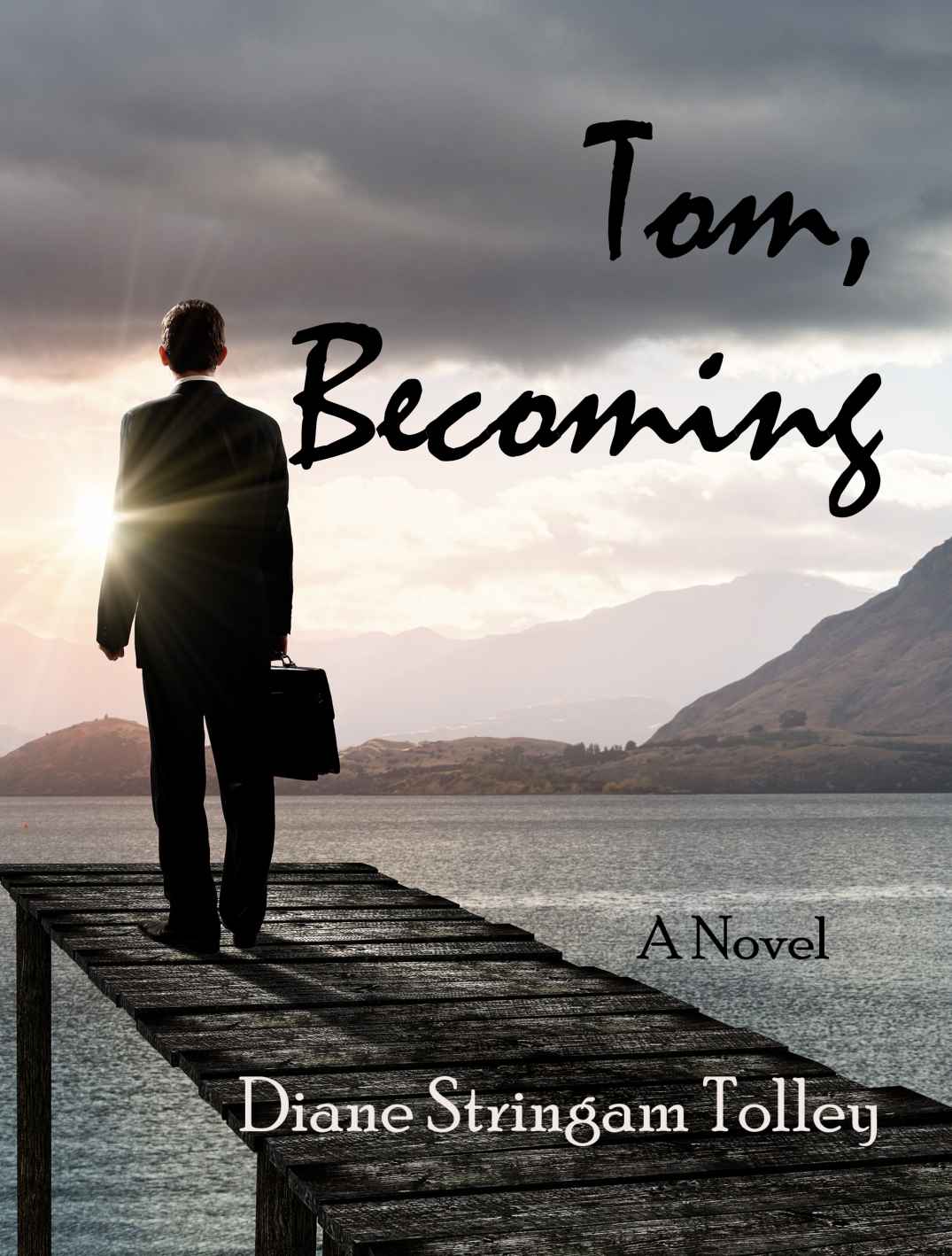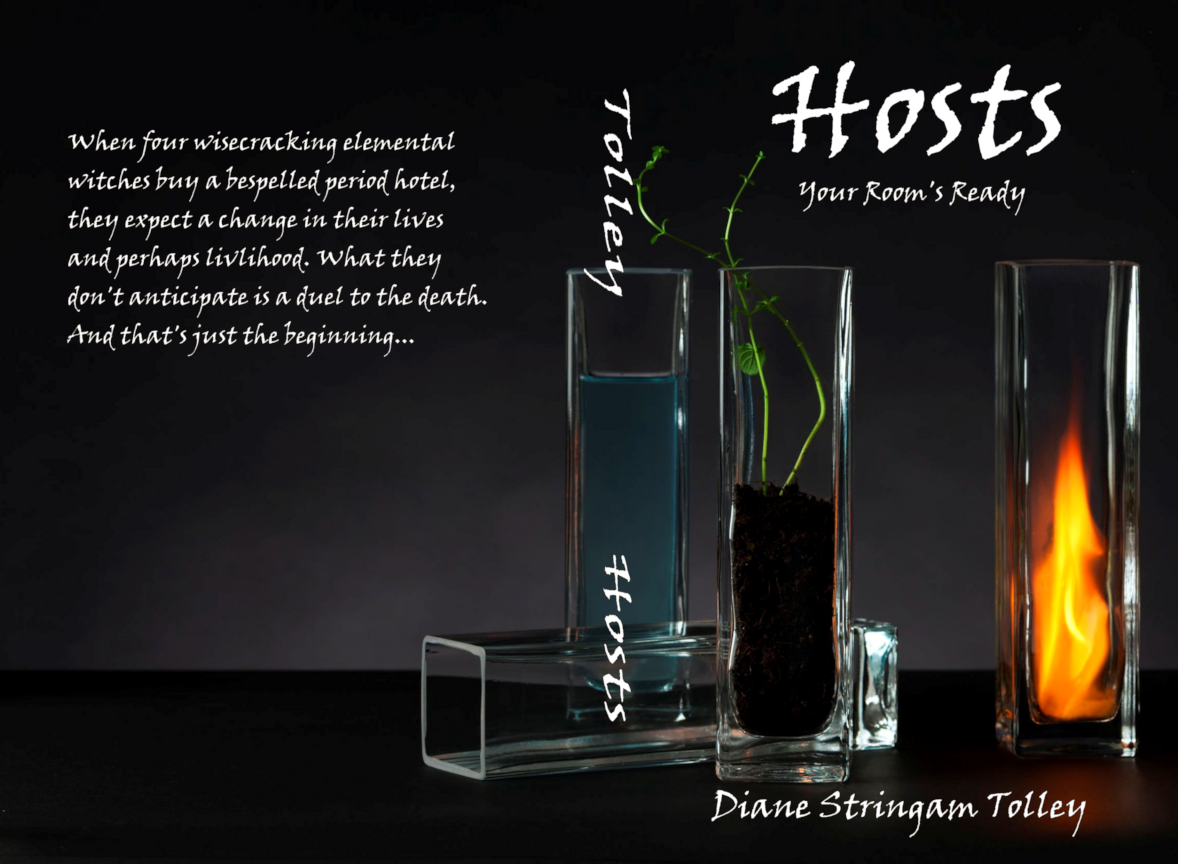Canada's most famous World War 1 poem:
During the early days of the Second Battle of Ypres a young Canadian artillery officer, Lieutenant Alexis Helmer, was killed on 2nd May, 1915 in the gun positions near Ypres. An exploding German artillery shell landed near him. He was serving in the same Canadian artillery unit as a friend of his, the Canadian military doctor and artillery commander Major John McCrae.
As the brigade doctor, John McCrae was asked to conduct the burial service for Alexis because the chaplain had been called away somewhere else on duty that evening. It is believed that later that evening, after the burial, John began the draft for his now famous poem “In Flanders Fields”.
In Flanders fields the poppies blow
Between the crosses, row on row,
That mark our place; and in the sky
The larks, still bravely singing, fly
Scarce heard amid the guns below.
Between the crosses, row on row,
That mark our place; and in the sky
The larks, still bravely singing, fly
Scarce heard amid the guns below.
We are the Dead. Short days ago
We lived, felt dawn, saw sunset glow,
Loved and were loved, and now we lie
In Flanders fields.
We lived, felt dawn, saw sunset glow,
Loved and were loved, and now we lie
In Flanders fields.
Take up our quarrel with the foe:
To you from failing hands we throw
The torch; be yours to hold it high.
If ye break faith with us who die
We shall not sleep, though poppies grow
In Flanders fields.
To you from failing hands we throw
The torch; be yours to hold it high.
If ye break faith with us who die
We shall not sleep, though poppies grow
In Flanders fields.
The field of crosses, white.
Pristine.
Grounds are tidy. Trimmed.
And clean.
Where once the guns of
horror boomed,
And death and fear, like blossoms,
bloomed.
They lie so sweetly, there.
At rest.
Their duty done. They gave
their best.
Each represents a man,
believing
Each a family, giv’n to grieving.
And as we walked along the
rows,
Of those who lay in calm repose.
One cross stood out, with
wreath and note,
We knelt beside it, read the
quote,
To W. Chater, RCA,
In 1944. The day
18 July. Aged Thirty-two.
He left a wife and children,
too:
The note said: Thank you that
you served,
For brav’ry and your steeled
nerve,
I love you and I’m proud to
be
The great-Granddaughter you
set free.
The Chater family misses you.
[Until we meet again, Adieu!]
We knelt a long time, taking
in,
The sacrifice of kith and
kin.
Because those crosses
represent,
Those who lived, plus those
who went.
And, as we left the grounds
that day,
With sober mien, we drove
away,
Our love and gratitude we give
To those who died. And those
who live.
And when you’ve read what we have brought,
Mondays do get knocked a lot,
With poetry, we three besought,
To try to make the week begin,
With gentle thoughts--perhaps a grin?
Now post our poems for you to see.
And when you’ve read what we have brought,
Next week, because it's dark up here,
We'll talk of 'LIGHT'. Come join us here!.







































Thank you for highlighting the memory of veterans by offering your own poem. Very tender and beautiful.
ReplyDeleteThanks so much, Karen!
DeleteYour poem gave me chills. Great job paying tribute, Diane.
ReplyDeleteThank you Karen. It was such a tender moment for us.
DeleteThank you. Those who served AND their families gave so much.
ReplyDeleteIt's so true when it's called the 'ultimate', isn't it?
Deletewhat better time than this to share those poems. We here in the U.S. are still sending our young men [and not so young] to "lie so sweetly there." only it doesn't feel so sweet.
ReplyDeleteNot sweet indeed. Our second son served two tours overseas. We are the fortunate ones, though. Our son came home.
DeleteSo true; each death represents so much more than one person's life. Beautifully done, Diane.
ReplyDeleteI couldn't help but think that every cross represented a family. Heart-breaking.
DeleteBeautiful Diane - I think you did a better job than the original poet - war is an awful thing isn't it?
ReplyDeleteThanks so much, Leanne! One keeps wondering what we've ever learned from it. When it keeps on happening...
DeleteI can never read 'In Flanders Fields' without breaking down and now you've added another to the list of poems that leave me misty eyed. Beautiful job.
ReplyDeleteThank you so much Delores! It was hard to write!
Delete